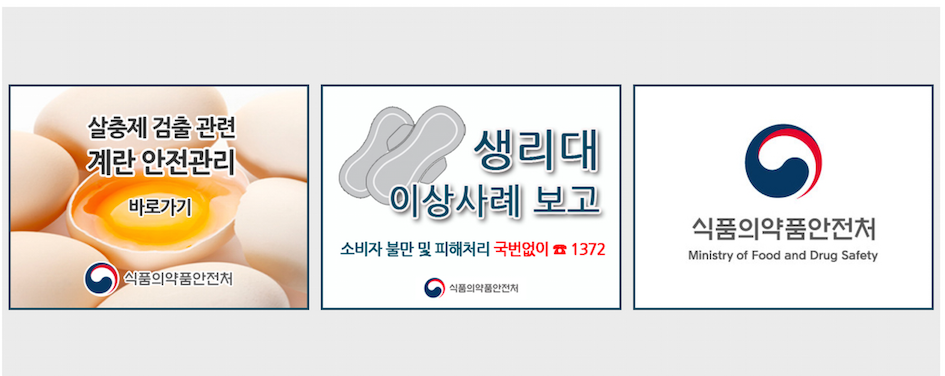Koreans have returned to buying sterilizers, menstrual pads, and eggs since all three crises have reached the headlines. Unbeknownst to most, however, the arduous investigations on and legal battles against the companies that propagated the misuse of harmful chemicals in their products continue.
As mentioned previously, the Oxy incident in 2011 have just recently concluded with the conviction of the former chief of Oxy RB Hyun-woo Shin and the settlements by Oxy RB, SK Chemicals, Lotte Mart, Homeplus, and others for only a couple hundreds of over 5000 victims whose health had been severely compromised. The Ministry of Environment announced in May 2016 its plans to conduct a thorough investigation into biocides, including cataloging and checking all biocide-related products. However, many criticized the belated response, saying that the policies should have been implemented before the incident broke out initially.
If Oxy RB had been the first instance of how the government failed to preventatively address the chemical- related health problems in time, the sanitary pad scandal showcased the government’s inability to come up with a solution or an alternative to a crisis. First, the problem had been brought up by an independent researcher after countless complaints had been issued by women who experienced health problems while using many different types of menstrual pads. The crisis has yet to even reach a semblance of a solution, as the government has yet to release its own reports on the companies. The biggest problem with the sanitary pad companies lies in the mandatory nature of the pads as well as the severe widespread toxin usage across major companies, such as Lilian and Yuhan-Kimberly. The government still could not offer a concrete alternative to the VOC-riddled pads, instead opting to observe the situation and requiring the consumers to buy expensive foreign products.
Meanwhile, of the 49 egg-producing institutions convicted of insecticide regulation violations, 31 were discovered to have been “eco-friendly” farms banned from using any type of insecticides. The requirements for such a label had been low, and the certificates could be given out without proper inspections of the poultry production plants. The government, while having discovered the problems, had trouble enforcing the rules. An egg farm in Jeonju had been caught for the use of flufenoxuron yet merely a week later, was re-caught for the exact same chemical traces. However, it is imprudent to put all the blame on the manufacturers; for nearly three years, egg suppliers have asked for clearer rules on insecticides used on stock, but the government had repeatedly done nothing to appease the requests and on multiple occasions shown to have ignored the warnings of the Consumers Union on various samplings that seemed to have traces of the harmful insecticides.
Not only so, but the egg crisis is a clear example of how the government could not properly deliver information to the public — while the health defects caused by the insecticides may have been not as serious as it could have been, the incorrect information and underestimation that the government doled out only further heightened the panic and fear of the people, confusing the situation for all parties involved.
And as the Oxy humidifier disinfectant incident shows, the legal battles of such cases are complex, costly, and most importantly, lengthy. The repeated instances of the chemical threat in widely-used products are emblematic of the dysfunctional relationship between the companies, consumers, and the government. Crying over spilled milk — or cleaning agents, sanitary pads, and eggs — has been repeated too many times. The government’s attitude of avoiding responsibility and taking slow steps only after a chemical crisis has occurred must come to an end. We should not be taking antidotes after the poison has been taken and instead hope to avoid the poison altogether, through careful inspection and prevention.


